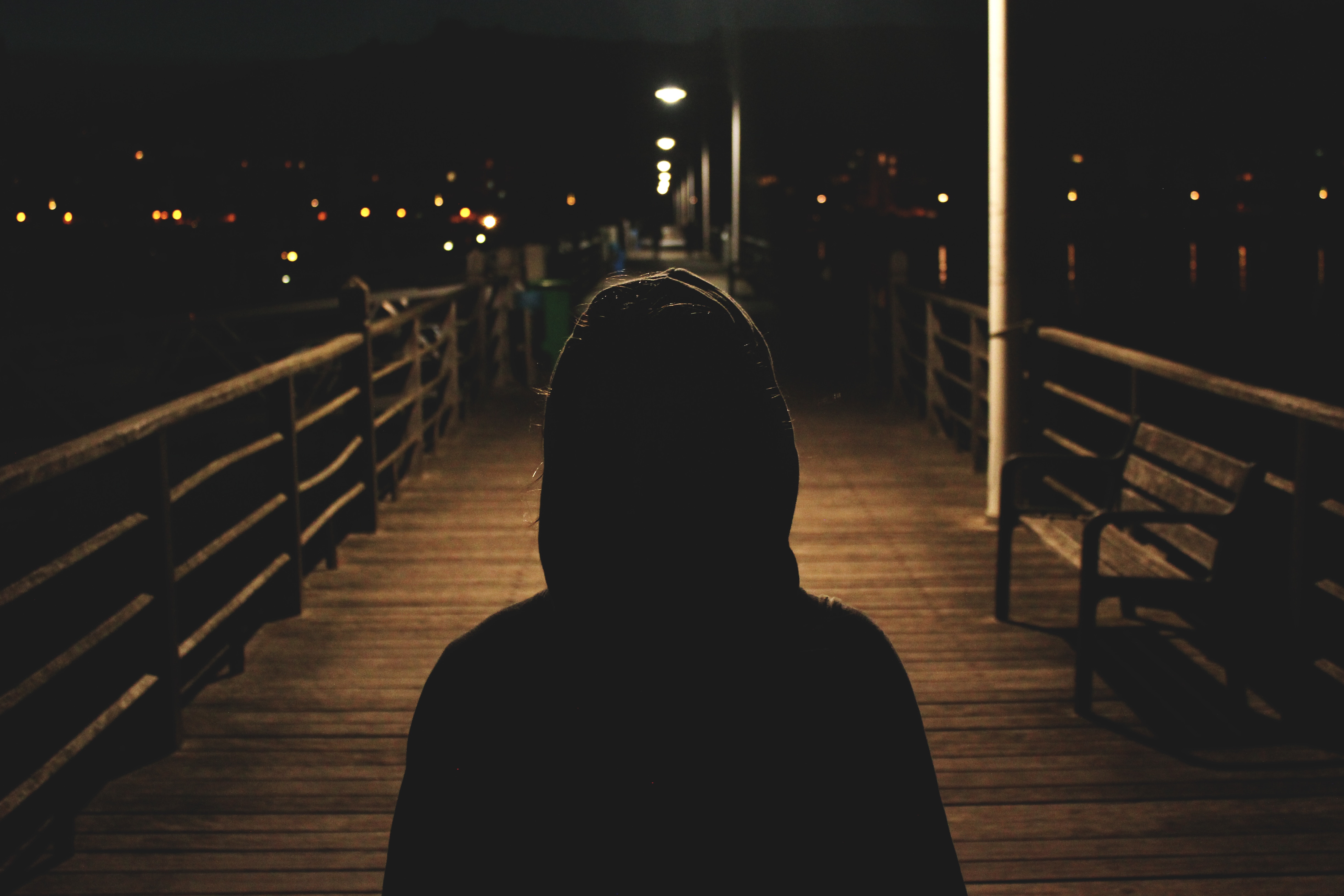When it comes to stress, research has long said that it heightens our awareness of what’s happening around us, helping us tune into any dangers coming our way. But a new study published the journal Proceedings of the National Academy of Sciences reports that being stressed actually makes it harder for us to sense and adapt to new threats.
The study, conducted by researchers at New York University and Peking University, used some classic research techniques to examine how well participants were able to predict and adapt to new threats in their environment when they were under stress.
In the first part of the study, the researchers showed 140 participants images on a screen, which were either accompanied by an electric shock to the wrist (the “threat cue”) or no shock the (the “safe cue”). The following day, half of the participants were told to briefly place their arms in a bucket of ice water (a common way to induce stress during studies). Then they repeated the image experiment from the first day— only this time, the researchers had swapped the images and cues, meaning the images that weren’t paired with a shock to the wrist on the first day now came with a little jolt. After monitoring the participant’s physiological stress response while they looked at the images and dealt with the shocks, the researchers found that participants who underwent the stress-inducing ice bath were worse at adapting to the swapped cues—their bodies still responded to the shock images from the first day rather than adjusting to fact that the threat was now coming from the other images.
It’s a finding that goes against existing stress-related research, which says that stress makes us better at reacting to new dangers around us. Candace Raio, the study’s lead author and a postdoctoral fellow at NYU, told Thrive Global that she was surprised by the results. “The majority of research on emotional processing and stress have found that stress enhances responses to threat,” Raio said. “Based on these studies, we expected to find that stress exposure would help individuals respond appropriately to new threatening cues in their environment, even if they had previously learned that these cues were safe. Instead, we found that stress slowed the updating of aversive value, so stressed subjects took longer to learn that previously safe cues now predicted threat.”
Raio and her fellow researchers aren’t exactly sure why being under stress would reduce our ability to respond to new threats, but Raio noted that higher stress responses could disrupt our “flexibly change learning rates,” she said, making it more difficult for us to take in new information. As for how this might play out in the real world, where your stress is more likely to come from work or a terrible commute than a bucket of ice water, the study authors note in the press release that a new source of danger in your environment could be as simple (and common) as a biker you didn’t see coming while you crossed the street.
Our ability to detect and identify new dangers is essential to our safety and survival, so this study adds more weight to the already sound argument that we all need stress-reduction strategies in our lives.
Read more about the study here.


